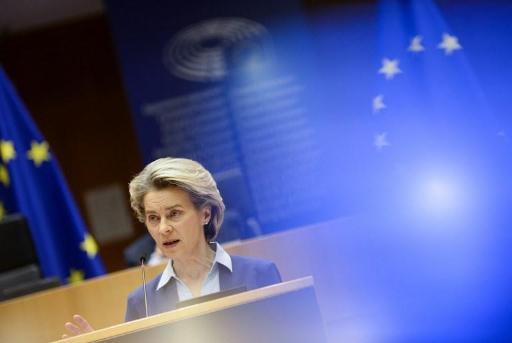The European Commission has indicated it will be extending the loosening of EU budget rules to support economies hit by the coronavirus crisis, allowing member states to take the necessary economic measures without having to adhere to strict budgetary limitations, until 2022.
It had relaxed the rules of its Stability Pact, which has helped keep member states' budgets under control since the late 1990s, at the start of the pandemic in March last year, and has now extended the waiver for the first time.
“Current provisional indications suggest extending the derogation from EU budget rules into 2022, to avoid premature withdrawal of public support this year and next,” the European Commission said on Wednesday.
Related News
- As a bank a day closes its doors, elderly could be left behind by digitisation
- EU quarter residents want the EC to help improve neighbourhood
- Flanders spent €3.3 billion on coronavirus crisis in 2020
This relaxing of rules allowed the Commission and the Council to make changes to the budgetary requirements that would normally apply to member states under the Stability and Growth Pact, to tackle the economic consequences of the pandemic.
This meant that, for the first time since it was implemented, member states could breach the public deficit, normally capped at 3% of a member state's GDP, and public debt was no longer limited to a maximum of 60% of a country’s GDP.
The clause allowing for relaxations of these budgetary rules was first introduced in 2011, drawing from the lessons of the economic and financial crisis in 2008, which highlighted the need for the EU to deviate from rules in a crisis situation caused by a severe economic downturn.
In normal circumstances, member states who are in breach of these rules would face sanctions.
The Commission aims for the continent to return to a level of economic stability similar to that at the end of 2019 before the pandemic struck in the member states, and said this will be the main criteria for the general opt-out, deactivation, or maintenance of the waiver.
Lauren Walker
The Brussels Times

